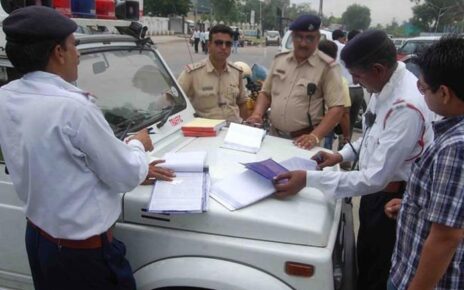On Tuesday, June 18th, Chandigarh’s Shaheed Bhagat Singh International Airport went into lockdown mode after receiving an email containing a bomb threat. This email, subsequently revealed to be a hoax, was part of a larger incident that affected 41 airports throughout India, creating severe inconvenience and fear.
The email, originating from the suspicious address “exhumedyou888@gmail.com,” sent chills down spines at Chandigarh Airport. Security protocols were immediately activated, with a thorough sweep of the airport terminals conducted. This involved deploying bomb disposal squads and sniffer dogs to ensure passenger and staff safety. Thankfully, the extensive checks revealed no trace of explosives, confirming the email to be a hoax.
Despite the relief of a negative verdict, the event created widespread inconvenience at Chandigarh Airport. Flight schedules were likely disrupted, perhaps resulting in delays and annoyance for passengers. This instance demonstrates the potential significance of even false threats, which require a strong reaction to safeguard public safety.
Chandigarh authorities haven’t revealed details of any specific actions being taken against the perpetrator(s). However, on a national level, authorities have initiated investigations. The Indore police have filed a criminal complaint under Section 507 of the Indian Penal Code for criminal intimidation via anonymous communication. Furthermore, police have allegedly demanded information from Gmail, the email service provider used for the fake emails, in order to identify the sender.
This incident wasn’t an isolated event. Over the past two days, approximately 60 hospitals in Mumbai, including facilities in Chandigarh, received similar hoax bomb threat emails. Additionally, last week, Delhi witnessed a wave of hoax bomb threats targeting museums. These incidents highlight a worrying trend and underscore the need for robust security measures and swift action in response to such threats.
While the fast action by officials in Chandigarh and throughout India avoided any serious injury, the inconvenience caused by these hoaxes is cause for concern. Hopefully, the current investigations will lead to the arrest of the perpetrator(s) behind these emails, discouraging such acts in the future.




